Zakat is more than a financial duty. It is a sacred act of worship, a spiritual purifier, and a powerful force for justice. In Islam, Zakat sits among the five pillars of faith, making it one of the core obligations upon every eligible Muslim. But unlike ordinary charity, Zakat is a right that the poor have over the wealthy — not an optional act of kindness, but a divine command.
The Meaning Behind the Word
The word Zakat comes from the Arabic root z-k-a, which means to purify, grow, and bless. By giving Zakat, a Muslim purifies their wealth, helps it grow in barakah, and blesses it with Allah’s favour. It is a reminder that all wealth is ultimately from Allah and that we are only custodians, not owners.
A Command from Allah
Zakat is not a man-made tax. It is a direct command from Allah found in both the Qur’an and Hadith. In fact, the word Zakat appears more than 30 times in the Qur’an, often paired with Salah (prayer), showing its importance.
And establish prayer and give Zakat, and whatever good you put forward for yourselves – you will find it with Allah. (Qur’an 2:110)
And the Prophet Muhammad (peace be upon him) said:
Islam is built upon five: the testimony that there is no god but Allah and that Muhammad is His Messenger, establishing prayer, paying Zakat, fasting in Ramadan, and performing Hajj.
(Sahih al-Bukhari, 8)
This hadith clearly shows that Zakat is not a side note in Islam. It is a foundation stone.
Zakat vs Sadaqah
Zakat is often confused with Sadaqah (voluntary charity), but the two are quite different:
| Zakat | Sadaqah |
|---|---|
| Obligatory | Voluntary |
| Fixed amount (usually 2.5%) | Any amount |
| Has conditions (Nisab, lunar year) | No conditions |
| Paid to specific eligible groups | Can be given to anyone in need |
Both are rewarding, but Zakat has a special place in Islamic law and belief.
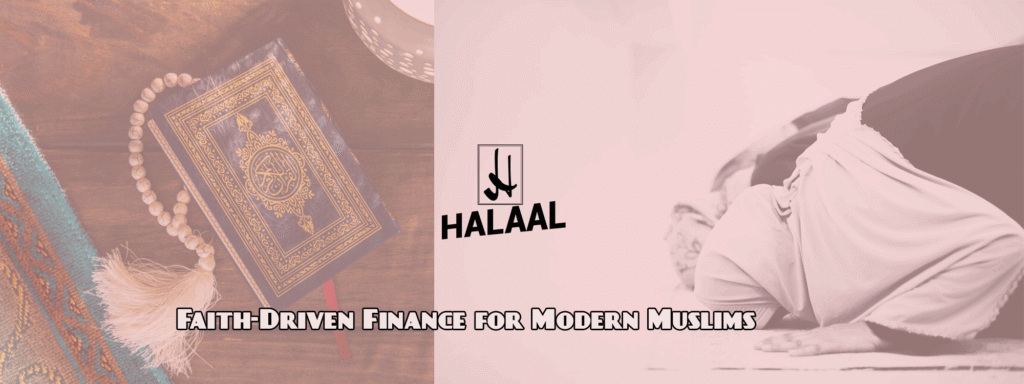
The Purpose of Zakat
Zakat is not just about money. It is about restoring balance in society, fighting inequality, and caring for the vulnerable. Its objectives include:
- Purifying your soul from greed, arrogance, and selfishness
- Purifying your wealth by removing a portion that does not belong to you
- Lifting others from hardship, debt, or poverty
- Building community bonds between rich and poor
- Distributing wealth fairly, reducing resentment and injustice
Zakat turns wealth into a tool for healing society. It reminds us that success is not just measured by what we earn, but by how we share it.
The Historical Power of Zakat
In Islamic history, Zakat was a game changer. During the rule of Caliph Umar ibn Abdul Aziz, Zakat was distributed so effectively that there were no poor people left to give it to. This shows what can happen when the system is applied correctly — poverty can become a thing of the past.
Today, if Muslims around the world paid Zakat properly, billions would be collected annually. That money could be used to solve hunger, fund education, support widows and orphans, and rebuild struggling communities.
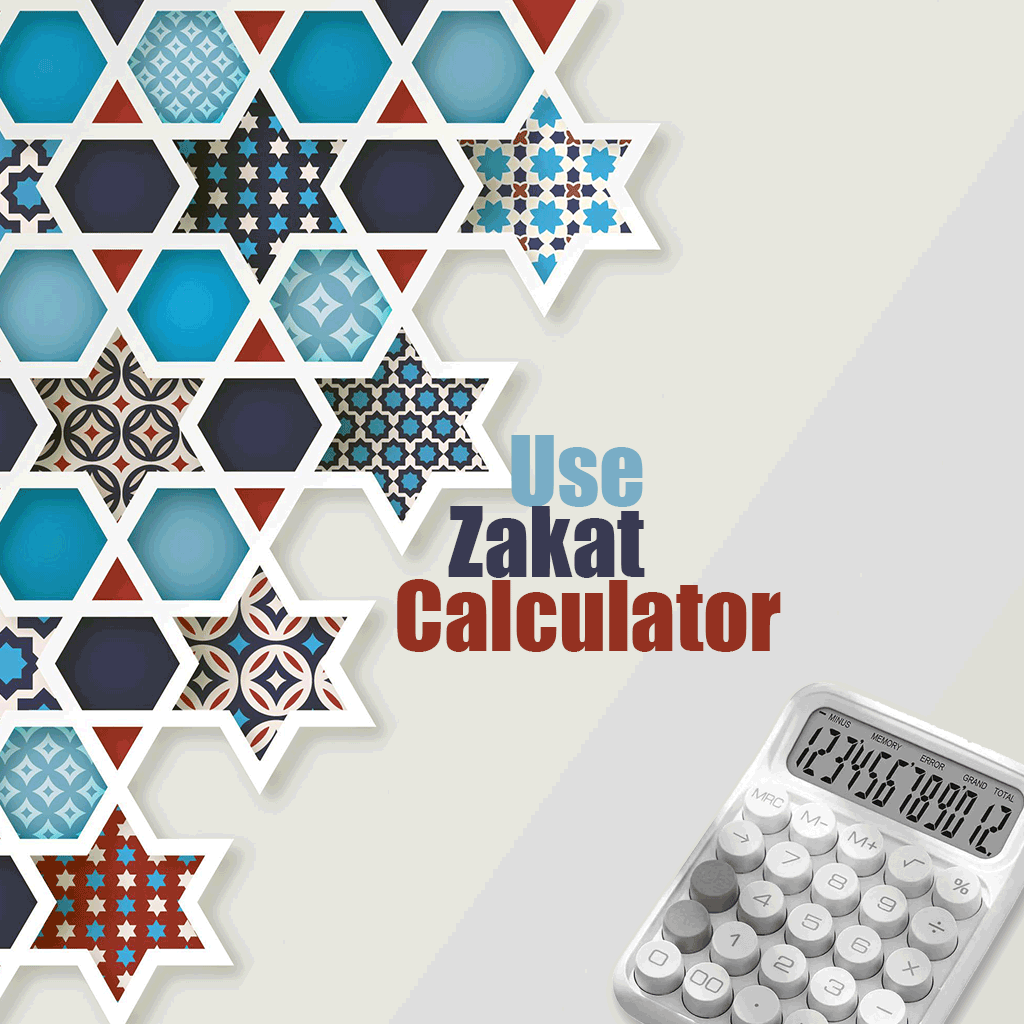

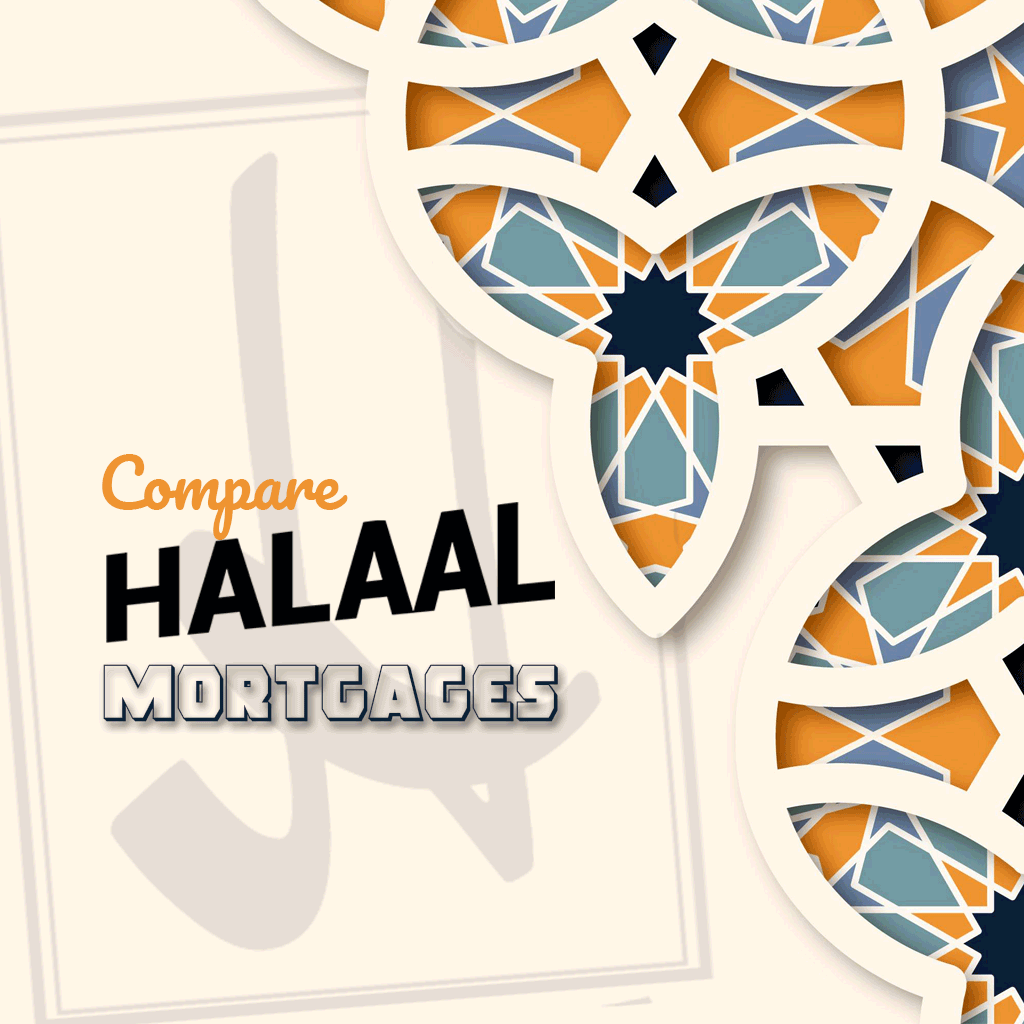
What is Zakat FAQ’s
Zakat should be paid once a full lunar year has passed on your wealth. It should not be delayed without a valid reason.
Not at all. While the payment is financial, the purpose is deeply spiritual. It is about purifying your heart and fulfilling your duty to others.
Zakat must be given to specific groups outlined in the Qur’an. The poor and needy are part of that, but others include those in debt, stranded travellers, and new Muslims.
Because it removes the portion that rightfully belongs to the poor. Keeping it is seen as withholding what is not yours.
Because without it, the structure of Islam is incomplete. A pillar holds up the faith, and ignoring it weakens your obedience to Allah.

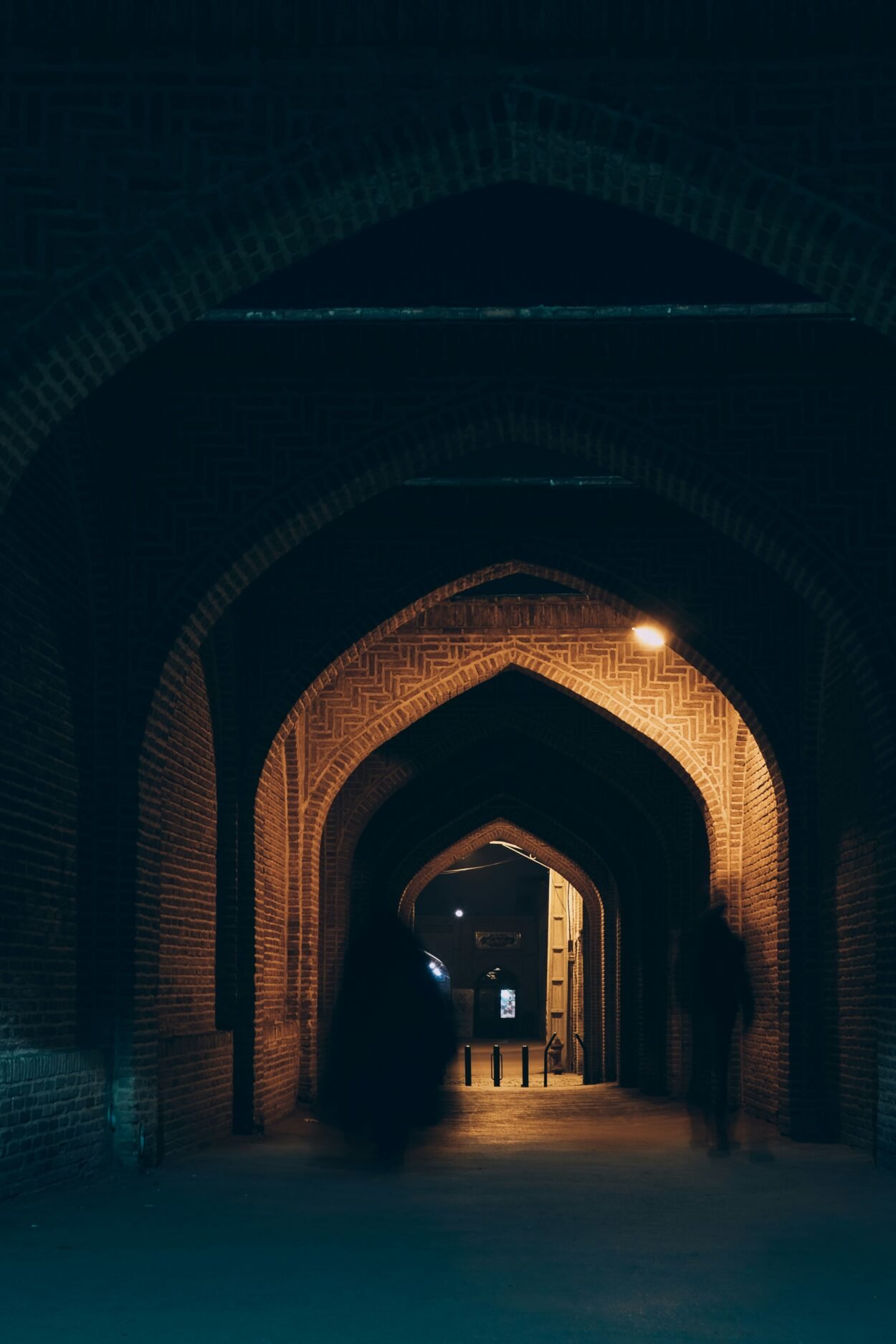

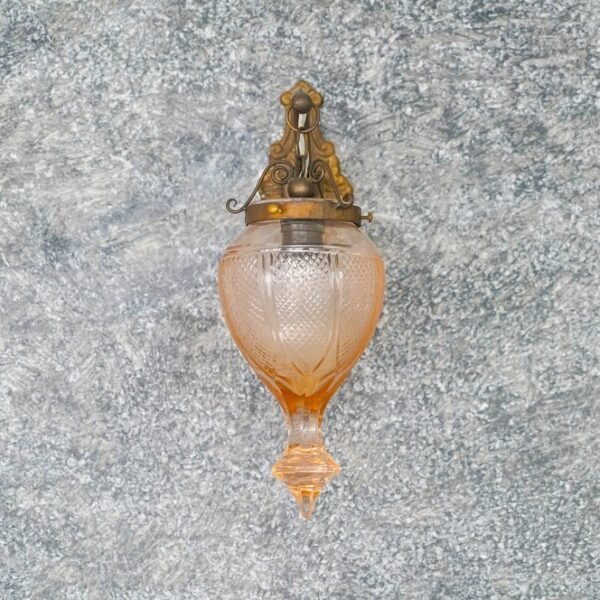



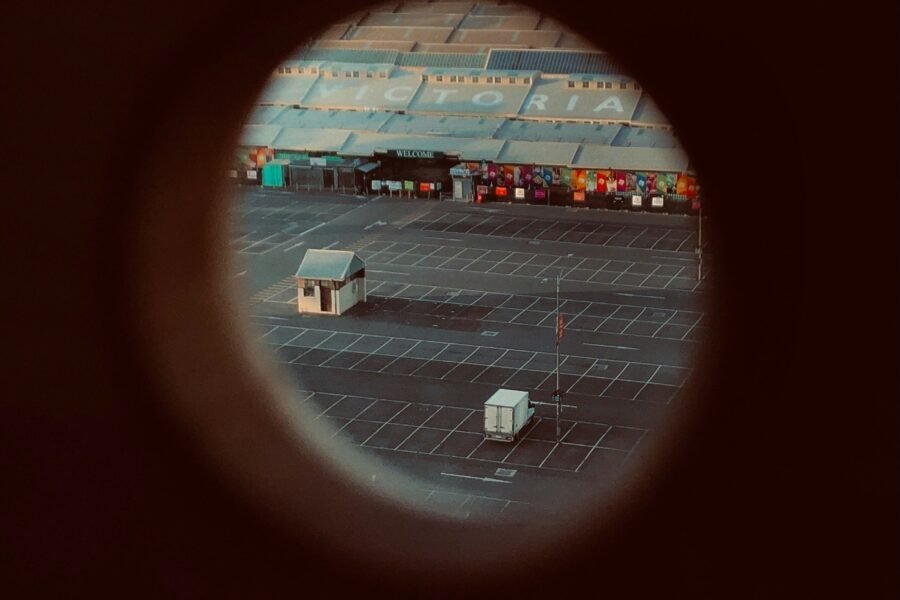
Sign up